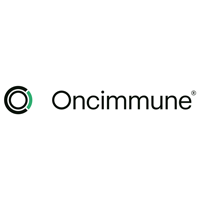For patients with advanced, inoperable stage 3 lung cancer, concurrent chemotherapy and the specialized radiation treatment, proton therapy, offers improved survival compared to historical data for standard of care, according to a new study from The University of Texas MD Anderson Cancer Center.
The research, published in JAMA Oncology, reported an overall survival (OS) of 26.5 months. In contrast, the historical OS rate with standard of care concurrent chemotherapy and traditional radiation was 16 months at the time when the study was designed.
The findings are the final results of the single institution, Phase II study and represent the longest follow-up to date of stage 3 lung cancer patients who have received proton therapy, said Joe Y. Chang, M.D., professor, Radiation Oncology and the study’s corresponding author.
Lung cancer is the leading cause of cancer death in both men and women in the U.S. According to the American Cancer Society, more than 222,500 people will be diagnosed and 155,870 will die from the disease in 2017, with the majority of patients still being diagnosed when the disease is in an advanced stage.
Advanced lung cancer patients with inoperable disease traditionally have been treated with concurrent chemotherapy and conventional photon radiation therapy. However, the therapy can be very difficult for patients due to associated toxicities and because many patients are also dealing with comorbidities, explained Chang.


